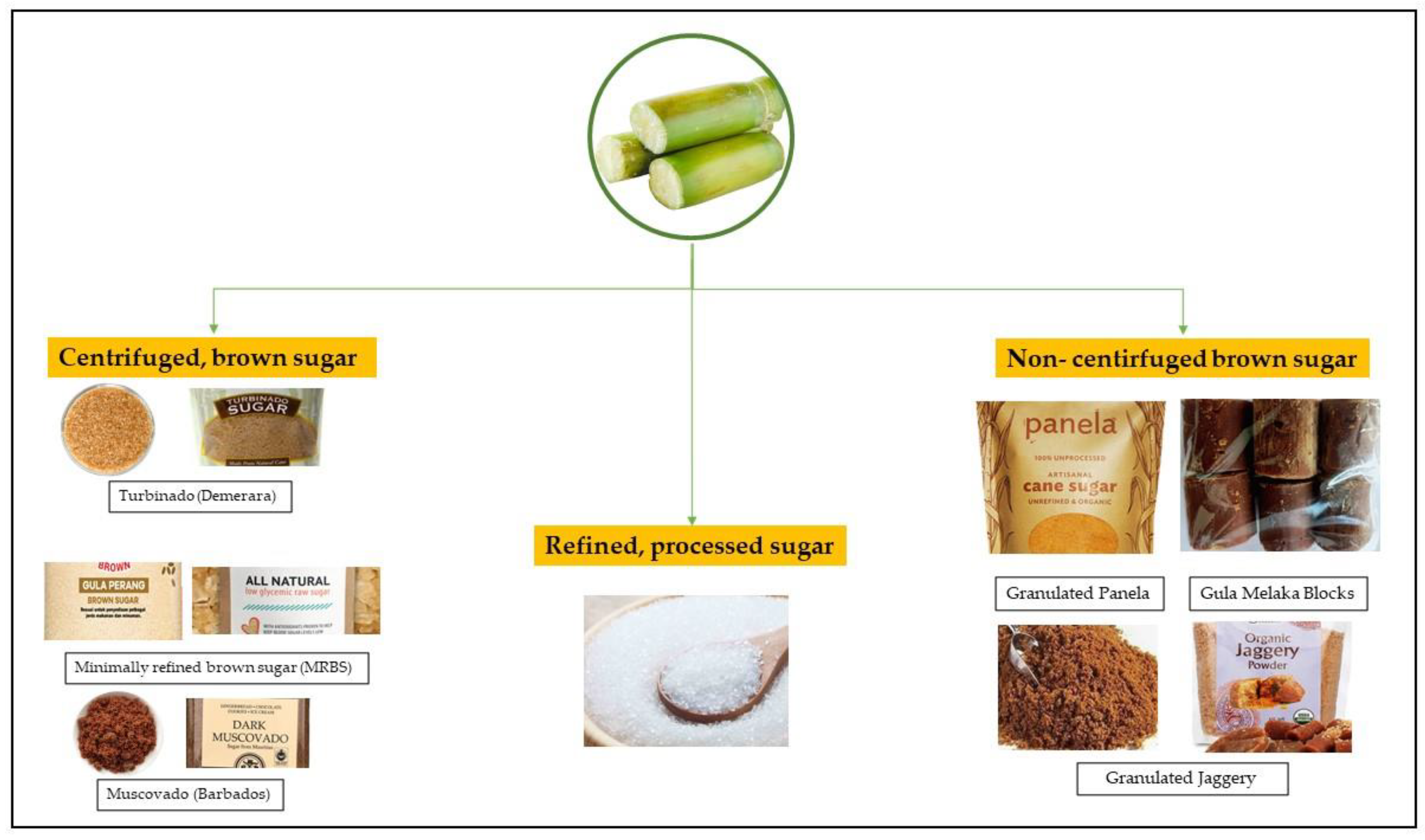How the presence of sugar chemicals can sabotage your wellness
How the presence of sugar chemicals can sabotage your wellness
Blog Article
Revealing the Reality About Sugar Chemicals and Their Function in Modern Diets
You may not understand just how sugar chemicals influence your diet plan and health. From the fast energy boost of easy sugars to the slow-moving launch of complicated ones, these differences matter. Surprise sugars in processed foods can increase your blood glucose, impacting every little thing from metabolism to mood. If you wish to navigate this sugar-laden globe extra efficiently, understanding these subtleties is important. What actions can you require to improve your selections?
The Different Types of Sugar Chemicals in Our Diet Regimens
When you take a closer appearance at the different sugar chemicals in your diet plan, you'll discover that not all sugars are created equivalent. They can be broadly categorized right into easy and intricate sugars.
Furthermore, sugar alcohols, such as xylitol and erythritol, offer sweetness with less calories and less impact on blood sugar degrees, but they can create gastrointestinal concerns if eaten over. Comprehending these differences helps you make informed selections regarding what fuels your body. By identifying the sorts of sugar chemicals you consume, you can better manage your energy levels and general health.
Natural vs. Artificial Sugar: What's the Difference?
Recognizing the types of sugar chemicals in your diet plan leads to a crucial difference between natural and artificial sugar. All-natural sweeteners, like honey and syrup, come from plants and include nutrients and antioxidants. They're minimally processed and typically give a much more complex taste account. On the other hand, sweetening agents, such as aspartame and sucralose, are chemically synthesized and don't supply the very same dietary advantages. They're frequently made use of in low-calorie products to change sugar while preserving sweetness.
While natural sugar can increase blood sugar degrees, they usually do so a lot more progressively. Sweetening agents, in contrast, can be much sweeter than sugar, frequently leading you to crave more sugary foods. It's critical to assess both options meticulously, as each has its pros and disadvantages. Your choice can impact your total health and wellness and fulfillment with your diet, so consider them wisely.
The Influence of Sugar Chemicals on Metabolic Rate
When you consume sugar chemicals, they activate particular metabolic paths that can influence how your body processes power. You could see adjustments in your insulin action, which plays an essential function in regulating blood sugar levels. In time, these results can result in significant long-lasting wellness repercussions, making it crucial to comprehend what you're taking into your body.
Metabolic Pathways Explained
Although sugar chemicals might appear harmless in percentages, their impact on metabolic process is extensive and complicated. When you take in sugars, your body damages them down into sugar, which fuels your cells. Extreme sugar intake can overwhelm this process. You might find that your liver converts the excess right into fat, leading to weight gain and various other metabolic issues. Sugar chemicals also interfere with your metabolic signaling pathways, influencing how efficiently your body utilizes power. This interruption can cause insulin resistance and other difficulties over time. By comprehending these metabolic pathways, you can make even more educated options concerning sugar consumption, ultimately sustaining a much healthier metabolic process and reducing the risk of chronic illness.
Insulin Reaction Dynamics
As you eat sugar chemicals, your body sets off a fast insulin feedback to manage the increase of glucose in your bloodstream. When sugar enters your system, insulin helps move sugar into your cells for energy. If you're regularly taking in high quantities of sugar chemicals, your body may struggle to maintain up.
Lasting Health And Wellness Impacts
While the immediate results of consuming sugar chemicals are typically recognizable, the long-lasting health consequences can be much more insidious. Gradually, these chemicals can disrupt your metabolism, resulting in insulin resistance and boosted fat storage space. You may find that your body battles to refine sugars efficiently, ultimately adding to weight gain and a greater threat of kind 2 diabetic issues. Furthermore, persistent intake can alter your intestine microbiome, affecting your overall digestion and nutrient absorption. This inequality might leave you really feeling worn down and desire much more sugar. By comprehending these long-lasting influences, you can make more educated choices concerning your diet regimen and take aggressive steps to secure your metabolic health. It's never also late to start focusing on entire foods over processed options.
Sugar Chemicals and Their Effects on Mood and Habits
When you take in sugar chemicals, you may not understand just how they can affect your state of mind and behavior. These sweeteners can activate the release of dopamine, creating a short-term sensation of satisfaction and joy. However, this high is usually complied with by an accident, leaving you really feeling irritable or nervous. You may observe that after a sweet snack, your energy degrees increase, but quickly plunge, affecting your emphasis and state of mind.

Hidden Sugars in Processed Foods: What to Look For
When you inspect dietary tags, you could be surprised by the amount of covert sugars are hiding in processed foods. Acquainting yourself with typical sugar synonyms can aid you identify these tricky ingredients. By remaining conscious, you can make far better choices for a healthier diet regimen.
Typical Sugar Synonyms
Sugar prowls in several processed foods under different names, making it necessary for you to recognize what to try to find. When scanning ingredient checklists, watch out for typical sugar basic synonyms like high-fructose corn syrup, walking cane sugar, and useful reference corn syrup. You may likewise come across terms like sucrose, sugar, and fructose. Various other sly names include maltose, dextrose, and agave nectar. Even ingredients like honey and molasses pack a sugary punch. Don't forget vaporized cane juice and fruit juice concentrates, which frequently appear much healthier however still add to your sugar consumption. Recognizing these terms empowers you to make enlightened choices and prevent surprise sugars that can thwart your nutritional goals. Keep watchful, and check out those labels carefully!
Nutritional Label Awareness

Reviewing nutritional tags is essential for finding covert sugars in processed foods. When you check the ingredients listing, search for terms like high fructose corn syrup, cane sugar, and any type of syrup or sweetener. These include unneeded sugars that can quickly enhance your day-to-day intake. Take notice of the complete sugars and sugarcoated sections on the tag, as they offer you a clear photo of what you're taking in. Remember, even seemingly healthy items like yogurt and granola can conceal excessive sugars. You ought to also keep an eye out for natural-sounding components, which can be misleading. By being label-savvy, you can make educated selections, decrease your sugar intake, and much better handle your wellness. Don't undervalue the power of recognition!
The Function of Sugar Chemicals in Weight Administration
When you eat sweet foods, especially those with included sugar chemicals, your body can respond differently than with all-natural sugars. These chemicals usually lead to quick spikes in blood sugar, which can activate food cravings and raised appetite.

It's important to understand exactly how these sugar chemicals function in your body. By understanding their results, you can browse your nutritional selections better, eventually supporting your weight management goals.
Making Informed Selections: Tips for Decreasing Sugar Consumption
Comprehending the results of sugar chemicals on your body can equip you to make healthier dietary choices. Begin by checking out food labels-- seek concealed sugars like high fructose corn syrup and cane sugar, which can creep into your meals. When you're grocery store purchasing, select whole foods such as fruits, vegetables, and grains rather of refined snacks.
Incorporate natural sugar like honey or syrup in moderation, and trying out spices like cinnamon to boost taste without sugarcoated. If you consume alcohol sugary drinks, swap them for water, natural teas, or gleaming water with a dash of lemon.
Finally, stay mindful of part sizes when delighting in desserts. Minimizing sugar isn't regarding deprival; it's concerning making conscious options. By applying these suggestions, you'll not only reduced your sugar consumption but also enhance your total wellness and wellness.
Frequently Asked Inquiries
Can Sugar Chemicals Cause Long-Term Health Issue?
Yes, sugar chemicals can add to long-term health issue. They're linked to excessive weight, diabetes, and heart condition (sugar chemicals). You must bear in image source mind your intake and choose healthier options to secure your general health and wellness
Are All Sugar Chemicals Just As Unsafe?

Just How Do Sugar Chemicals Affect Children Differently?
Sugar chemicals can influence youngsters much more intensely, affecting their power degrees, state of mind, and habits. You could see they experience attention deficit disorder or problem focusing, as their developing bodies react differently contrasted to grownups when eating these materials.
Is There a Safe Amount of Sugar Chemicals to Eat?
You can appreciate sugar chemicals in moderation, however it's ideal to restrict consumption. Too much can lead to health and wellness concerns. Always check labels and purpose for a well balanced diet to keep overall health.
What Are the Signs And Symptoms of Sugar Chemical Intolerance?
If you have sugar chemical intolerance, you might experience symptoms like bloating, migraines, tiredness, digestive system concerns, or skin responses. It's necessary to take notice of your body and speak with a medical care professional for assistance.
Report this page